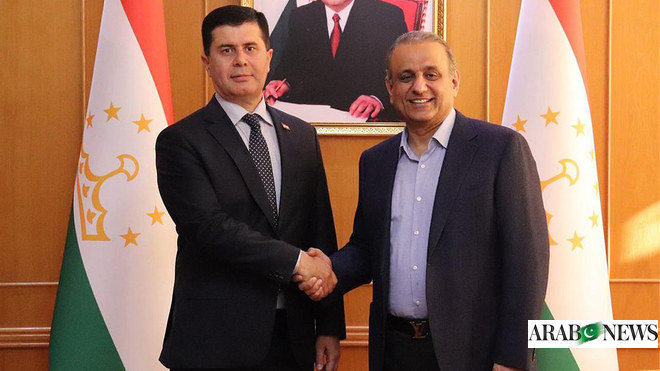Pakistani businessmen urge government to address rising energy prices, interest rates in 2024-25 budget
KARACHI: Pakistan’s leading industrialists and traders’ association on Wednesday highlighted exorbitant energy costs, high interest rates and multiple taxation as major impediments to industrial growth and said it hopes the government will address these challenges when it presents the federal budget next week.
Pakistan’s Finance Minister Muhammad Aurangzeb is scheduled to present the 2024-25 budget in parliament next week. The document will outline the government’s fiscal plan and allocations for various sectors. The budget will also shed light on Pakistan’s economic priorities, potential reforms, and strategies to address pressing fiscal challenges.
The move comes as the South Asian country is grappling with an economic crisis that has seen its foreign exchange reserves plummet, its currency’s value fall sharply against the US dollar and inflation soar.
The Federation of Pakistan Chambers of Commerce and Industry (FPCCI), the apex representative body of traders and industries in the country, said it had submitted its budget proposal to the government, adding that it hoped 80 percent of its demands would be met.
“We have collected all the information from industry associations and all the chambers of commerce and have prepared a proposal which has already been sent to the Federal Board of Revenue (FBR), the Ministry of Finance and other ministries,” FPCCI president Atif Ikram Sheikh told Arab News on Tuesday.
Sheikh said the FPCCI has drawn the government’s attention to major problems such as exorbitant energy costs, taxes and high interest rates faced by Pakistani industrialists and traders.
These issues have made it “tenable” to operate the industry in Pakistan, he said.
“So we want the government to bring down interest rates, fuel prices, energy costs like gas and electricity, and run the economy in a better way,” Sheikh explained.
Pakistan has increased fuel and energy prices as part of reforms demanded by the International Monetary Fund in return for a $3 billion loan program last year.
According to official data, gas prices in Pakistan have increased by 318.74% and electricity prices by 71.12% since April 2023. Due to rising energy costs, inflation hit a record high of 38% in May 2022, but gradually eased to 17.3% in April 2024.
The State Bank of Pakistan expects annual average inflation to be in the range of 23-25 percent for this fiscal year, against a target of 21 percent.
The country’s finance minister expects inflation to fall to the 13.5-14.5% range in May 2024, and then further to 12.5-13.5% by June 24.
Borrowing costs have risen in Pakistan as business leaders have been pushing the government to slash interest rates sharply. The central bank raised policy rates by a cumulative 1,500 basis points in fiscal 2022 and 2023, and currently holds them at 22%.
Pakistan’s finance ministry said on Wednesday it expects a “promising” economic outlook due to improving industrial activity.
“The economic outlook is bright as industrial activity is gradually improving, inflation is on a downward trend and the external sector is stable,” the finance ministry said in its monthly economic report for May 2024.
The ministry noted that as the fiscal year draws to a close, economic indicators reflect strengthening stability in the real, fiscal and external sectors.
The report said Pakistan’s GDP growth rate has increased while inflation has declined, reflecting the effectiveness of recent fiscal consolidation efforts. It added that the country’s economic performance has been boosted by government-led efforts to strengthen input supplies and credit availability, with agriculture being a major contributor to the economic upturn this fiscal year.
The FPCCI has been demanding a reduction in import duty and sales tax on various items and also restoration of zero-rate sales tax on five export-oriented sectors – sports goods, surgical items, leather products, textiles and carpets.
“We are confident and hopeful that the government will consider what we have sent to the government, what we have requested from the government,” Sheikh said.
“And I’m confident that 80 percent of our demands will be met.”

